Labor has ‘no intention’ of shutting down civilian nuclear research
Australia’s research and international co-operation on civilian nuclear energy will continue, despite Labor rejecting a request to co-operate with AUKUS partners on nuclear power.
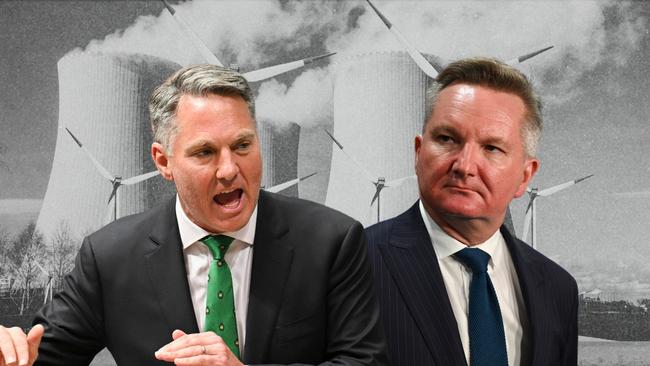
The Albanese government has no intention of limiting or shutting down Australia’s research and international co-operation on civilian nuclear energy in the Australian Nuclear Science and Research Organisation and leading universities despite the rejection of a request to co-operate with our AUKUS nuclear submarine partners on nuclear power.
ANSTO and Australian universities, particularly the Australian National University, have been signatories to co-operative agreements with civilian nuclear organisations around the world for at least ten years including with Generation IV (GIF) small modular nuclear reactors.
At the COP29 climate summit in Baku two weeks ago Chris Bowen flatly rejected an approach from the US and the UK, as well as 30 other nations, to join a global effort through Generation IV nuclear reactors with an aim of tripling civilian nuclear energy by 2030.
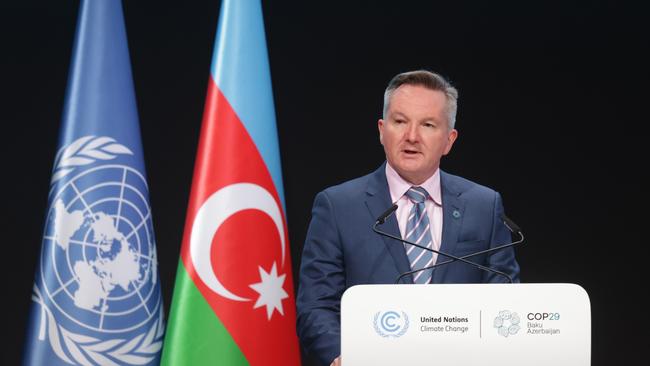
UK Energy Minister, Ed Milliband, had expected Australia to sign the agreement aimed at reducing carbon emissions and securing energy supply though nuclear energy.
Mr Miliband said the UK through the Generation IV International Forum on nuclear was “reversing a legacy of no nuclear being delivered and moving forward with its advanced nuclear reactor program”.
“Nuclear will play a vital role in our clean energy future. That is why we are working closely with our allies to unleash the potential of cutting-edge nuclear technology,” Mr Miliband said.
As Energy Minister Mr Bowen said a flat “no” to the signing and that a nuclear industry was “outlawed” in Australia.
Mr Bowen said Australia is much sunnier than the UK and has advantages with solar power that the UK does not and therefore small nuclear reactors were not viable in Australia.
Richard Marles, as Acting Prime Minister and Defence Minister, backed Mr Bowen’s rejection of our AUKUS partners’ invitation to join the global nuclear development forum.
Mr Marles said in parliament: “We do not have a civil nuclear industry. This is not an agreement which applies to us, which is why we’re not going to be a part of the agreement”; “for Australia, from not having a civil nuclear industry, to try and establish one, would represent pursuing the most expensive form of electricity on the planet” and; “That is why we are not pursuing a civil nuclear industry. We don’t have one on this day.”
“This is not an agreement which applies to us and it’s completely separate to AUKUS, which we are pursuing with vigour,” he said.
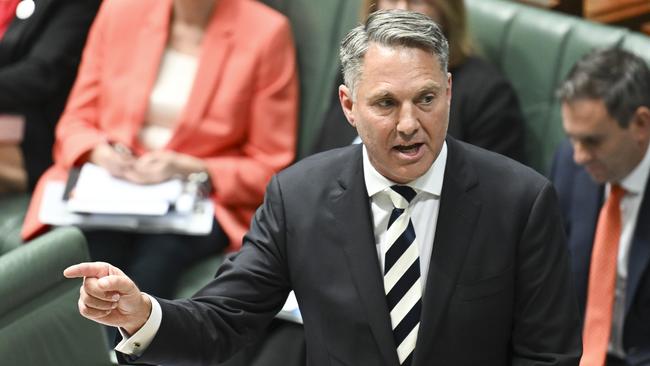
But, despite the refusal of Mr Bowen and Mr Marles to contemplate signing the agreement with the US and the UK, as well as, 15 European Union members who are signatories to the nuclear agreement through their atomic grouping which don’t have nuclear reactors, there is no change to Australia’s nuclear research and international agreements including with INTER the global body promoting nuclear fusion energy.
The Australian has confirmed there will be no change of industry and scientific policy towards ANSTO which has nuclear research as part of its charter.
Through ANSTO Australia became the non-member state of ITER to agree to technical co-operation.
ANSTO also has extensive research connections with GIF, international nuclear organisations, governments and universities.



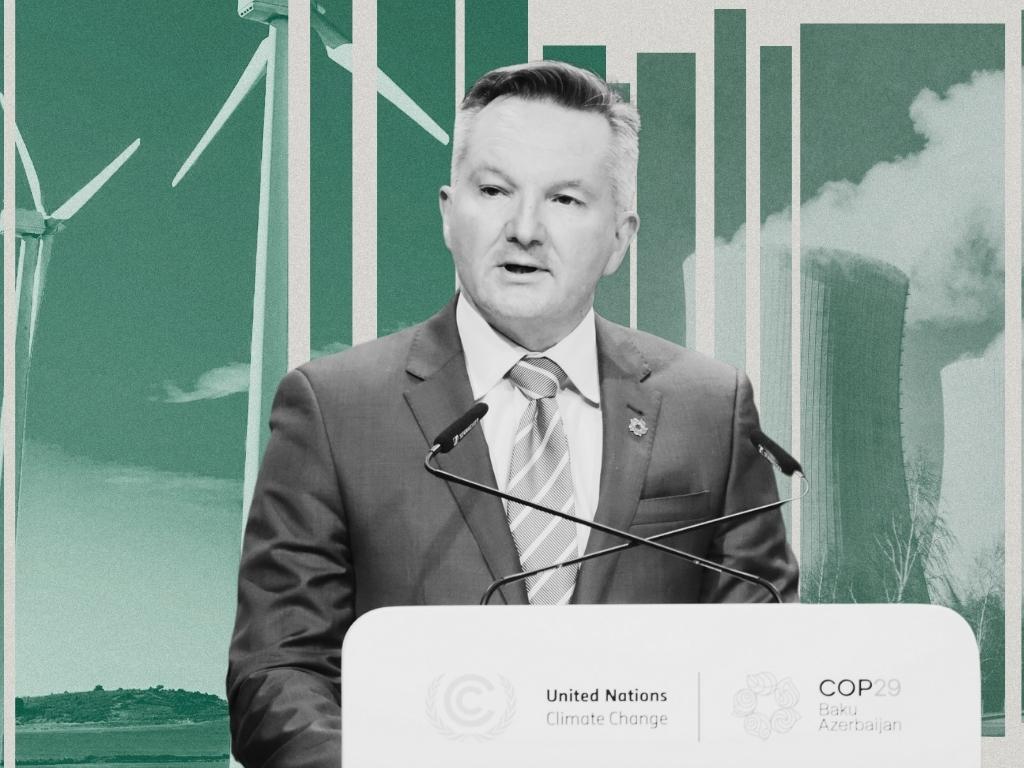

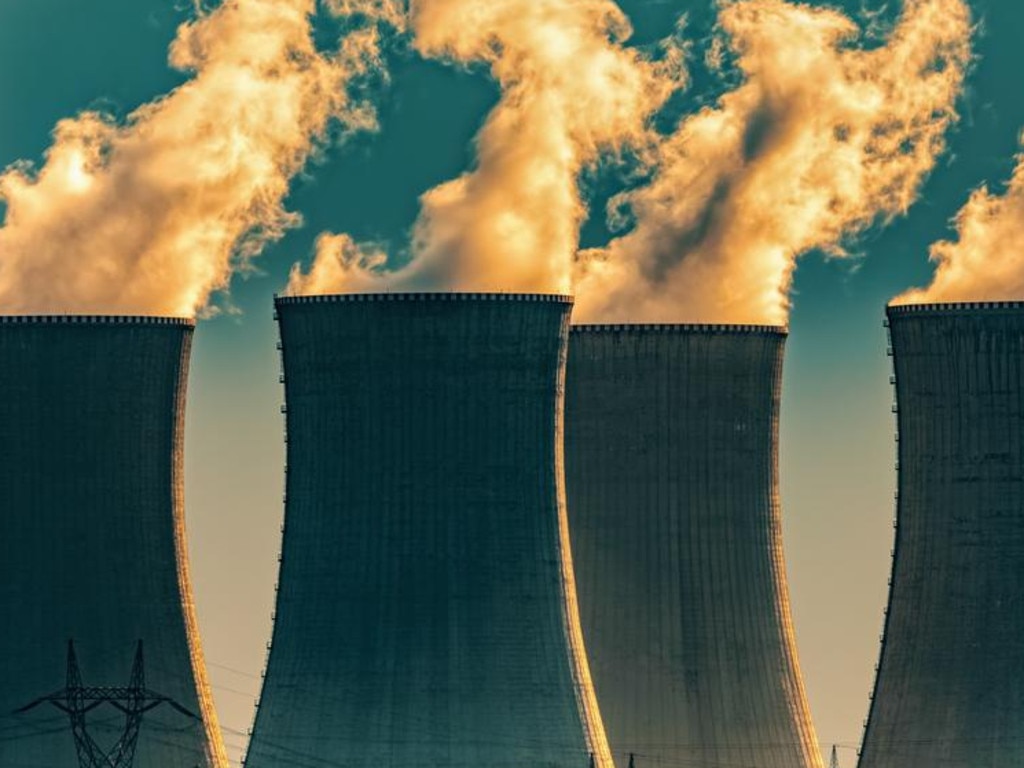


To join the conversation, please log in. Don't have an account? Register
Join the conversation, you are commenting as Logout